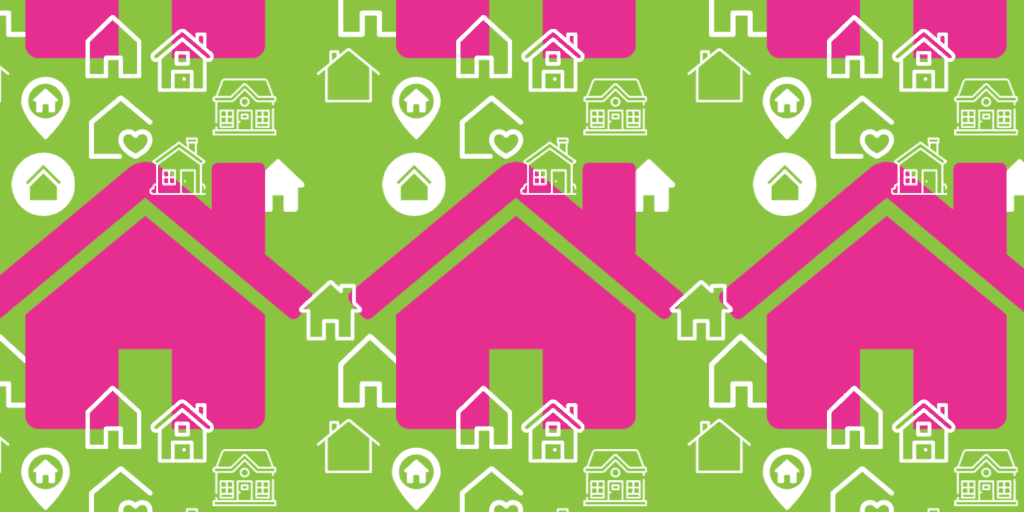In the UK, renting is the only viable long-term housing option for many families and individuals. The high cost of home ownership makes renting a more affordable and accessible housing solution for most people. Unfortunately, high rent prices have made it difficult for some to secure safe, affordable housing, but there are several government assistance programs that can help you pay your monthly rent if you meet the eligibility requirements. Depending on your income and other factors, you may qualify for one or more of these benefits. This article outlines some of the primary housing benefits available to renters in the UK.
What is Housing Benefit?
Housing Benefit is a government assistance program that helps low-income households with their rent payments. Ordinarily, you would pay your landlord directly for your share of the rent. However, if you qualify for Housing Benefit, you can receive government assistance to cover your portion of the rent. Although the name is “Housing Benefit,” this benefit can also be used to cover your utility bills such as gas, electricity and water. However, it’s important to note that each local council has the discretion to determine which bills they’ll cover and which they won’t. Your local council will discuss this with you during the application process.
How to apply for Housing Benefit in the UK
The first step in applying for Housing Benefit is to find out if you qualify. To do this, you will need to fill out a Housing Benefit application form which is available to pick up at your local Job Centre or through the government-run website, GOV.UK. After you fill out the application form, you’ll need to provide proof of your identity and proof of your income. You can submit these documents in person at the Job Centre, or by mail but ensure you include a stamped self-addressed envelope if you’re mailing materials.
After you’ve submitted your application form and supporting documents, you’ll receive a letter from your local council informing you of your eligibility. You should also receive a letter from your landlord confirming the amount of rent you pay (if applicable).
Council Tax Support
If your household’s net monthly income is less than £20,000, you may be eligible for Council Tax Support which is a reduction on the amount of Council Tax you must pay to your local authority. Council Tax is an annual tax you must pay for the privilege of living in a home in the UK. If you qualify for Council Tax Support, your local council will reduce the amount you must pay. Some low-income households, such as those with disabled individuals, may be exempt from paying Council Tax altogether. To apply for Council Tax Support, you’ll need to fill out a Council Tax Support application form. Council Tax Support is usually paid on a monthly basis.
Mortgage interest deduction
If you’re a homeowner with a low income, you may be able to deduct the interest on your mortgage from your taxable income. This reduces the amount of tax you need to pay each year.
To qualify for this deduction, you must meet the following requirements:
- Your household’s net monthly income must be less than £20,000
- You must be repaying a mortgage on your primary residence
- You must have no other sources of income or assets (excluding your primary residence)
Universal Credit: paying your rent
If you receive Universal Credit and your allowance is not enough to cover your monthly rent, you may be eligible for a Special Allowance, a monthly amount you can use to cover your rent, Council Tax and certain utility bills. To qualify for the Special Allowance, you must meet the following criteria:
- You must be receiving Universal Credit
- You must have a child in your household
- Your monthly rent must be more than the amount in your Universal Credit (before rent reduction)
Conclusion
If you’re earning a low income and struggling to pay your monthly rent, you may be eligible for government assistance. You can apply for these benefits through the GOV.UK website. Make sure to fill out all necessary fields on the application form to increase your chances of receiving assistance.













